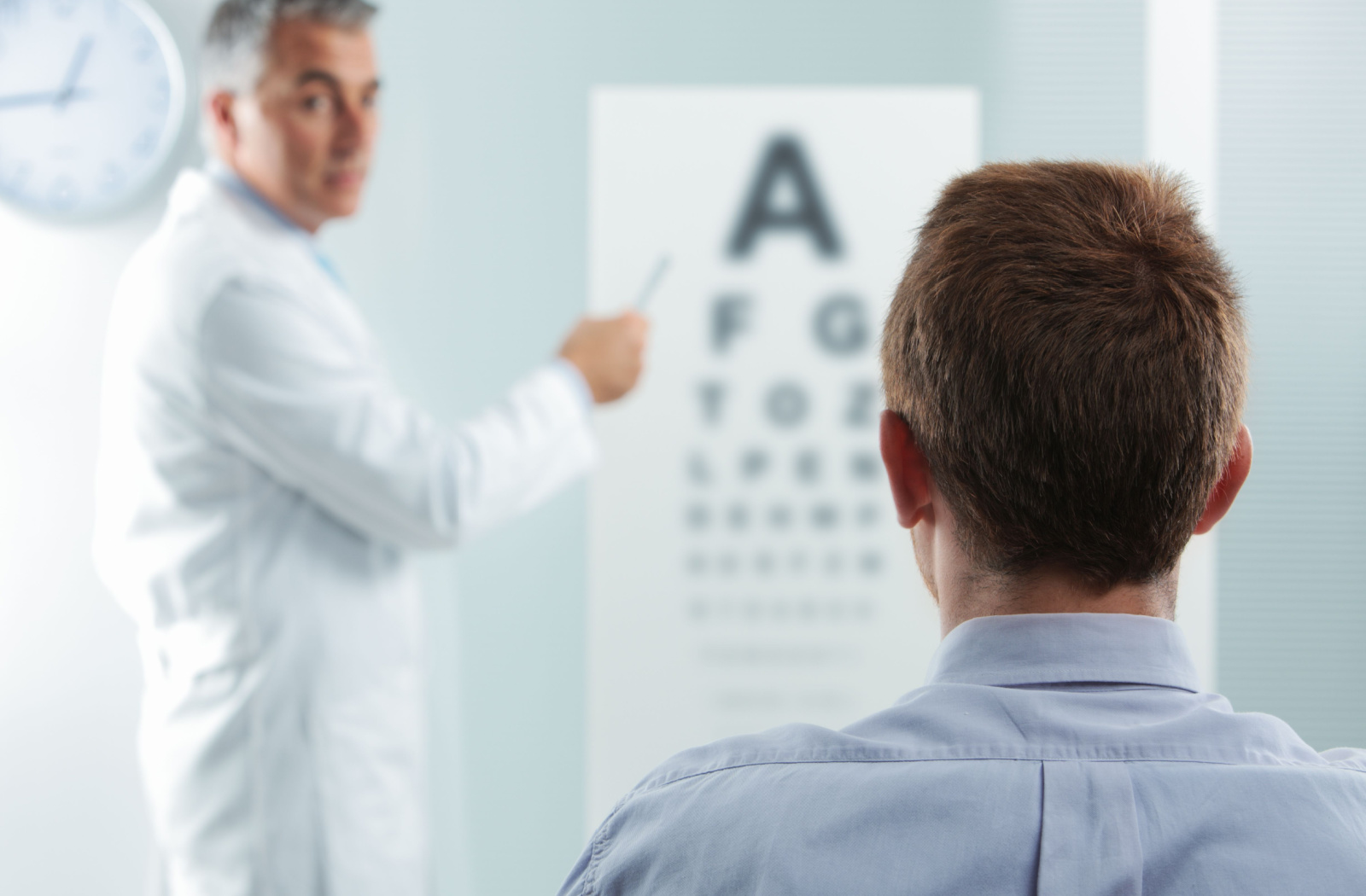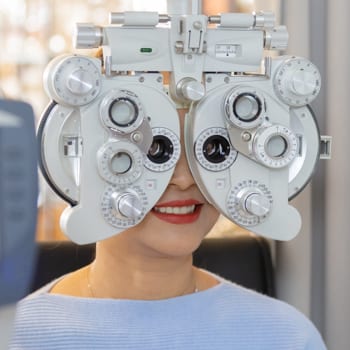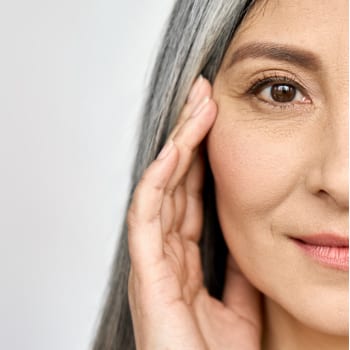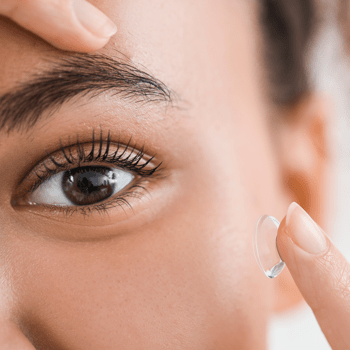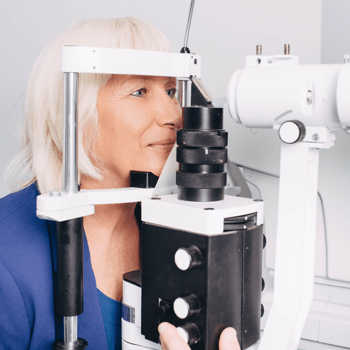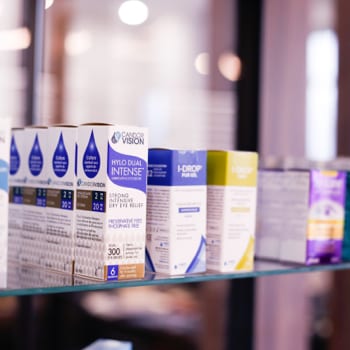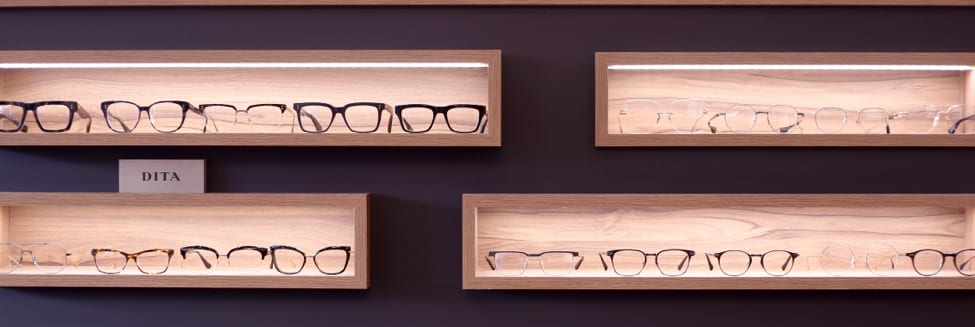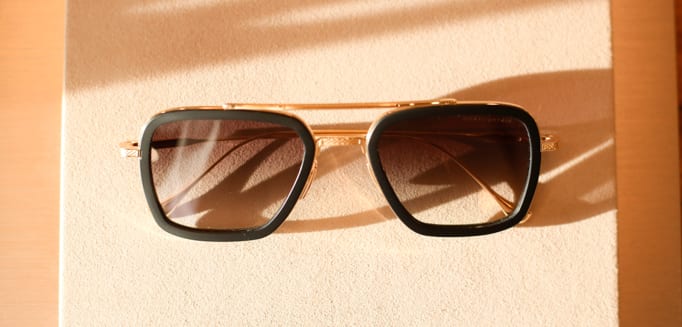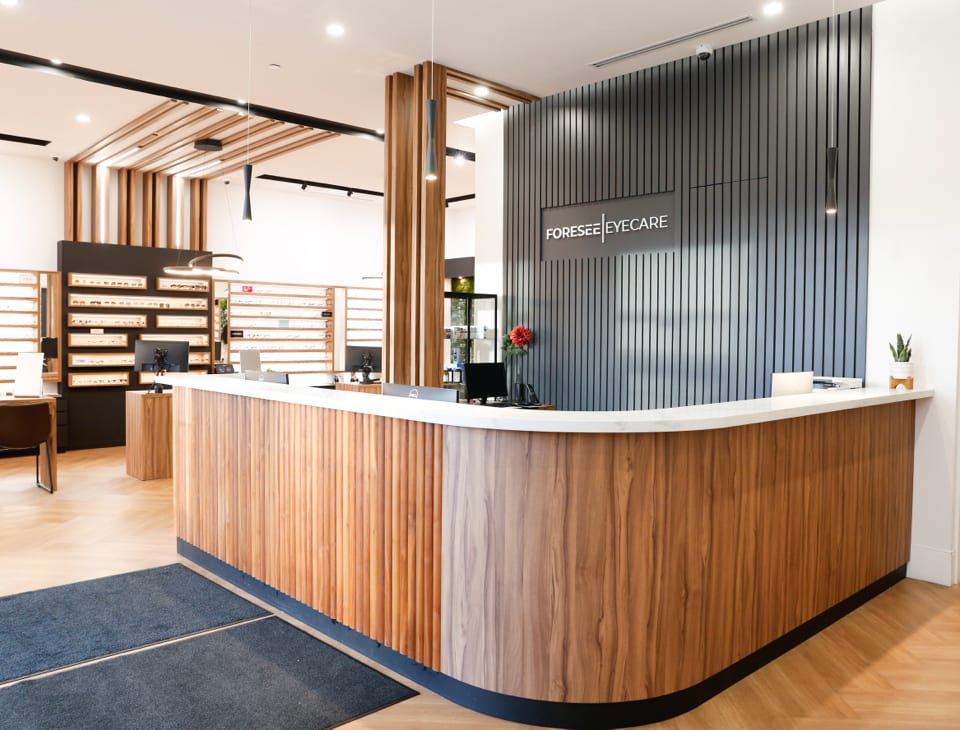Maybe it’s been a while since you’ve gotten an eye exam, and now you’re wondering how long an eye exam is going to take before you book your next one. Unfortunately, there isn’t a standard answer for how long an eye exam takes, but many of them last from 30 to 60 minutes. Your overall eye health and what your optometrist needs to check are significant factors in the length of the exam. Be aware that the longer you have not had your eyes evaluated or checked, the higher the likelihood that more things will be discovered on your examination whether you have symptoms or not (as is true with most things in life!).
The best thing you can do if your schedule is tight is call your eye doctor. They should be able to give you a relatively accurate time frame for your appointment based on your previous visits. But remember that regular eye exams are an important part of taking care of your eyes and vision—even if you have to set aside some time for the appointment. With expanding knowledge and technology advancements in eyecare, we are now looking for more conditions that are asymptomatic or subclinical. The focus in healthcare has and should shift towards prevention mindset rather than treatment (reaction) where possible.
What Is a Comprehensive Eye Exam?
A comprehensive eye exam is a thorough examination of your eyes and visual function. The exam consists of several tests to assess your eye health, visual acuity, and binocular vision. During the exam, your optometrist will typically evaluate your eyes’ anatomy, including the cornea, iris, lens, retina, optic nerve, and surrounding structures. Foresee Eyecare has been incorporating the latest diagnostic technologies since inception to be more efficient and accurate than ever.
The exam can also detect potential eye diseases or conditions such as glaucoma, cataracts, age-related macular degeneration, diabetic retinopathy, and others.
How Long Is an Eye Exam?
An eye exam could take 30 to 60 minutes on average but several factors could change the time the exam takes. For example, your exam may run for 60 minutes or longer if your eye doctor has reason to run extra testing because they suspect an underlying eye condition. Whereas, a routine checkup with no issue could be much quicker.
What’s All Involved in a Comprehensive Eye Exam?
No two eye exams will be identical because we’re all unique people with different eye health and overall vision needs. But the following are some common steps in a comprehensive eye exam.
Medical History
Your eye doctor will typically begin an eye exam by asking detailed questions about your and your family’s medical and vision history. This can give them clues on things they may need to focus on during the physical examination of your eyes. For example, if there is a family history of high blood pressure or diabetes, they may perform eye dilation as part of your exam to focus on optic nerve health and the blood vessels in your eyes.
Visual Testing
There are several components to the visual testing during your eye exam. Your eye doctor will typically check your visual acuity, which essentially measures how well you see at various distances. They will also often perform refraction testing, which determines whether you have a refractive error, such as myopia or astigmatism, that requires glasses or contact lenses.
Additional Testing
Some additional testing that your eye doctor may perform during an eye exam includes:
- Corneal topography: A corneal topography machine takes a series of images and uses those to create a kind of 3D map of your cornea, which helps your eye doctor spot any irregularities or issues that might be affecting your vision.
- Slit-lamp exam: A slit lamp allows your eye doctor to examine both the front and back parts of your eye in great detail. This is crucial for spotting things like cataracts, macular degeneration or even injuries to the cornea.
- Tonometry: A tonometer is used to test each eye’s internal pressure, referred to as intraocular pressure. This can help your eye doctor determine if you have glaucoma.
- Colour vision test: Your eye doctor uses images called Ishihara plates. These plates have coloured dots with an image or number within them. If you have trouble seeing the images, you may have some form of colour blindness.
- Dry Eye Examination: Diagnoses dry eye syndrome by assessing tear production and quality, and examining the eye’s surface for signs of dryness and damage.
- Optical Coherence Tomography (OCT): A non-invasive imaging test that takes detailed 3D cross-section pictures of the retina with light (no side effects!) to help diagnose and monitor retinal diseases, often before they are visible or noticeable to the patient.
- Ultra Wide Field Retinal Photography/Imaging: Captures extensive images of the retina, crucial for detecting and managing a range of eye conditions such as diabetic retinopathy and retinal tears and detachments. Ultra wide field imaging can now image >90% of the entire retina, oftentimes with or without dilation!
- Biometry/Axial Length Measures for Myopia Management: Involves measuring the eye’s physical dimensions with light, particularly axial length, to monitor, track, and manage myopia progression. This can be used in patients of all ages who are progressing in their prescriptions!
- Binocular Vision/Vision Therapy Assessment: Evaluates how well the eyes work together and determines if vision therapy, a series of visual exercises, is needed to correct binocular vision issues. This is also utilized when concussion from different incidents affects vision.
- Dry Eye Examination: Diagnoses dry eye syndrome and diseases by assessing tear production, quality, and root causes of the dry eyes by evaluating the ocular surface and eyelids with videography and photography.
Importance of Regular Eye Exams
Your eyes are like windows into your overall health. Not only can eye exams catch early signs of eye diseases like glaucoma and cataracts, but they can even spot serious health conditions like diabetes and high blood pressure. Plus, if you’re having any vision problems, an eye exam can get to the root of it. As we age, our eyes change, so it’s really important to keep up with those changes.
How Often Should You Get a Comprehensive Eye Exam?
There isn’t a one-size-fits-all answer to how often an individual should get an eye exam. The Canadian Association of Optometrists has an age-based guide to follow. They recommend that everyone gets a comprehensive eye examination every 1 to 2 years depending on age. But your optometrist may recommend a different frequency based on your particular eye health and vision needs.
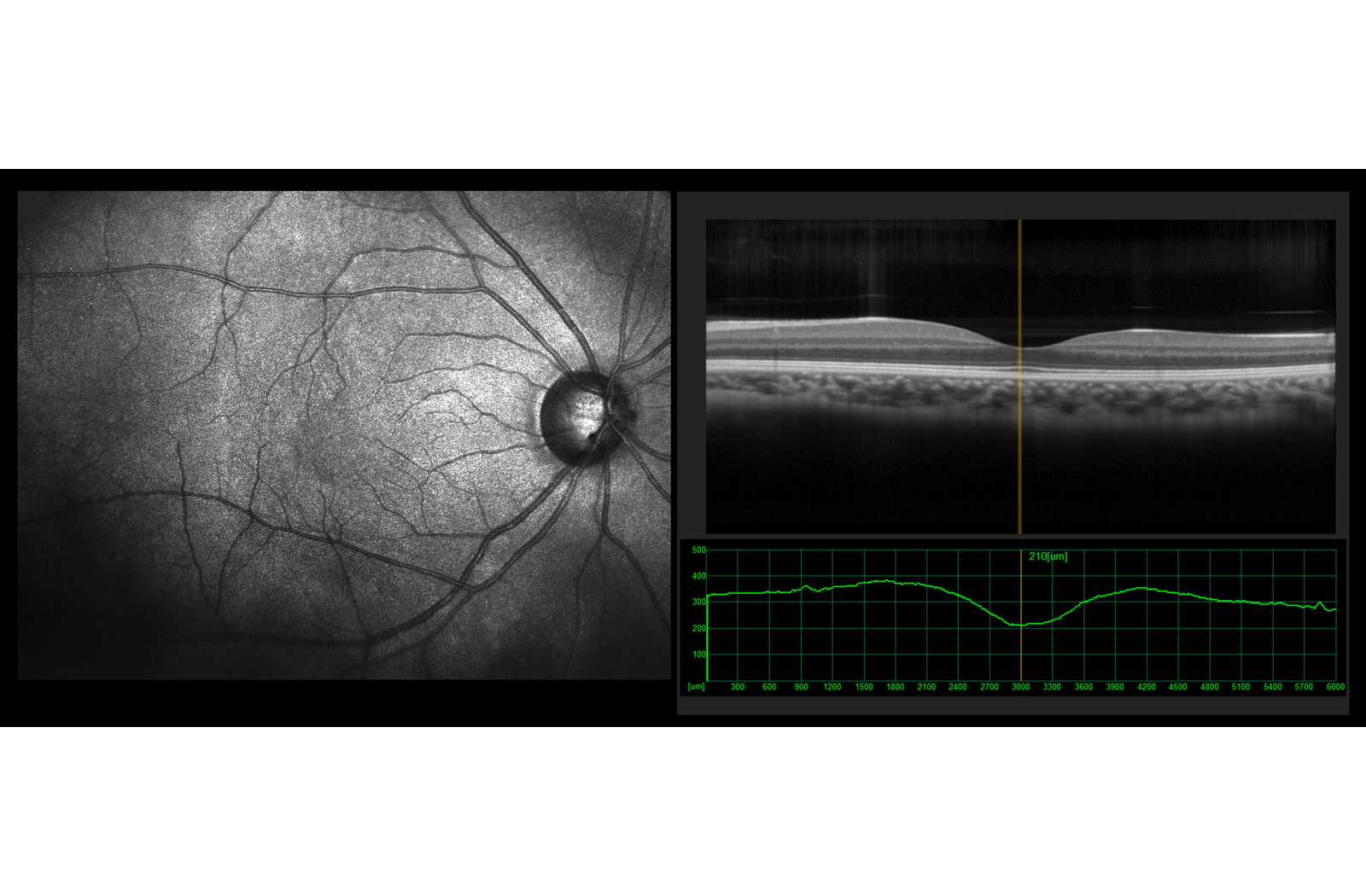
Book Your Next Eye Exam
It could be frustrating to have to schedule an hour or more of your day for an eye exam, but it’s an important part of taking care of your vision and your eyes. We only get one pair of eyes, after all.Give us a call at Foresee Eyecare to book your next eye exam. Let us know if time is an issue and we can do our best to provide you with an accurate estimate of the time you’ll need to set aside for the appointment.

